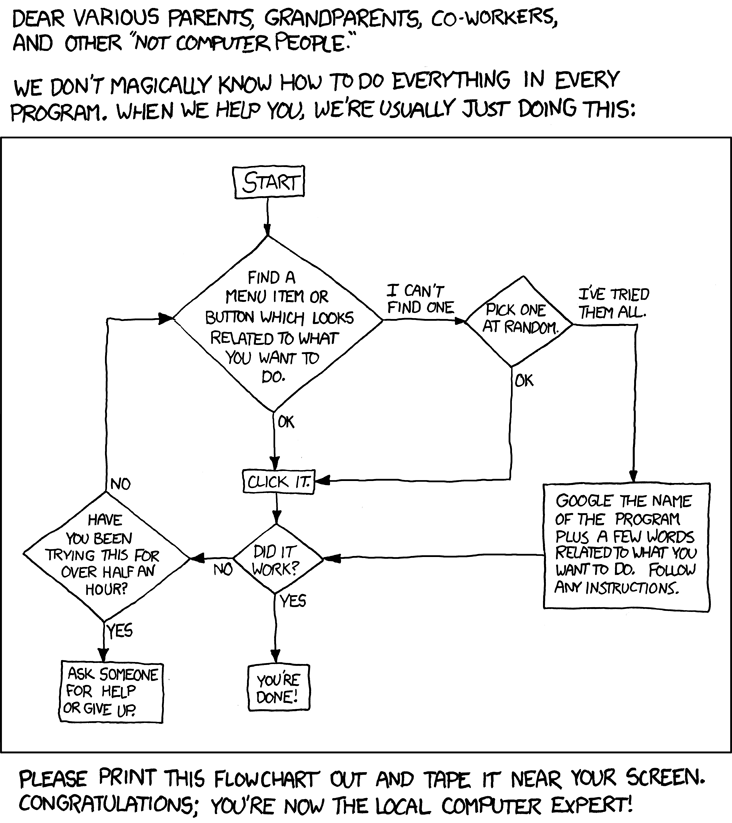Why are the people on the internet so inspiring? Why do they
make me think so much about things that I do not have the time to really focus
on right now?
A couple months ago, I was hanging out with a friend from my
undergrad days who is working on his economics degree and also happens to be
very interested in both education and policy. We were, as normal friends do, looking
at the high school state standards that Michigan has for economics and both
dismayed at how much it packed into them.
When it comes to personal finance being included in the
standards for economics, I was initially annoyed by how much time that took
away from fun things like simulating
monopolistic competition and learning game theory (don’t get your hopes up,
game theory is not in the standards). Then, however, it occurred to me what
huge disservice it is to students for personal finance to be treated as an
afterthought, tossed in at the end. Make a budget, think about your decisions,
talk about risk management. Done.
That kind of lesson in financial literacy is not going to
help my ninth graders take care of themselves four, five, ten years down the
road.
 |
| Brian's blog also has a post about these cool napkin drawings by financial planner Carl Richards. |
Eliza has been
interested in financial literacy too and brought to my attention the blogger
and educator Brian Page who believes wholeheartedly in our children being taughtpersonal finance in a stand-alone, semester-long, required course taught by a
trained teacher (i.e. not me).
This also happens to be an issue that is on the minds of
some legislators up in Lansing, as my undergraduate econ buddy informed me, but
the chance of making it happen isn’t great given the number of requirements
already needed to graduate.
While this is the case at least, I have found a good
resource in Brian and he seem to know his stuff.
